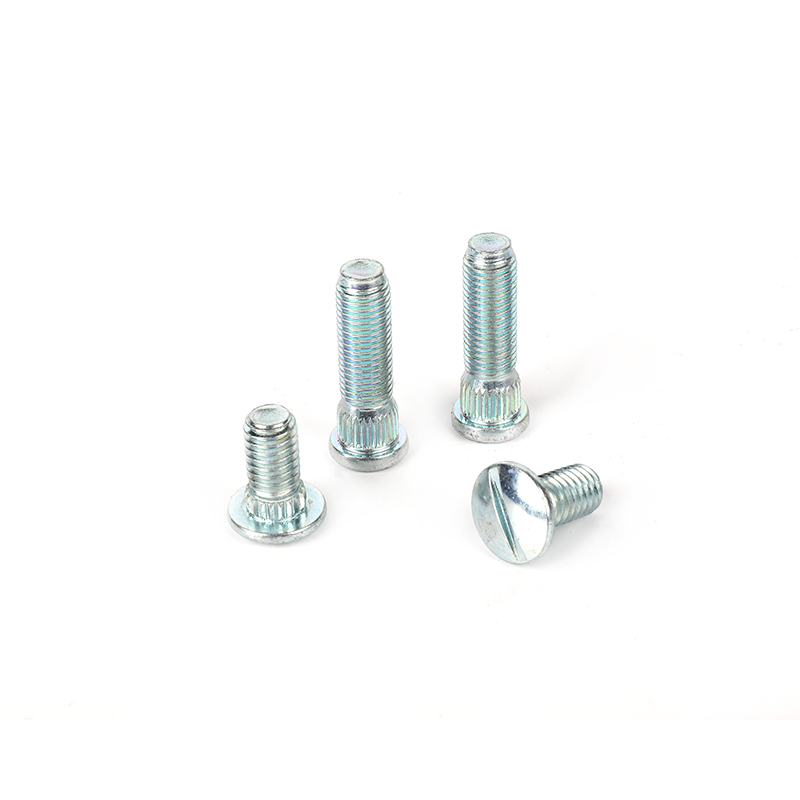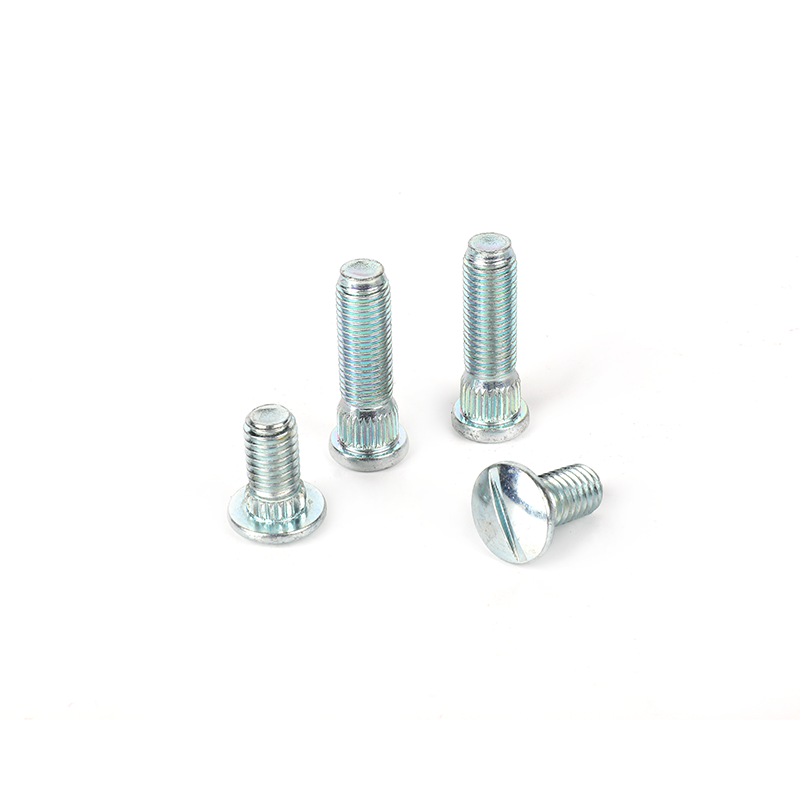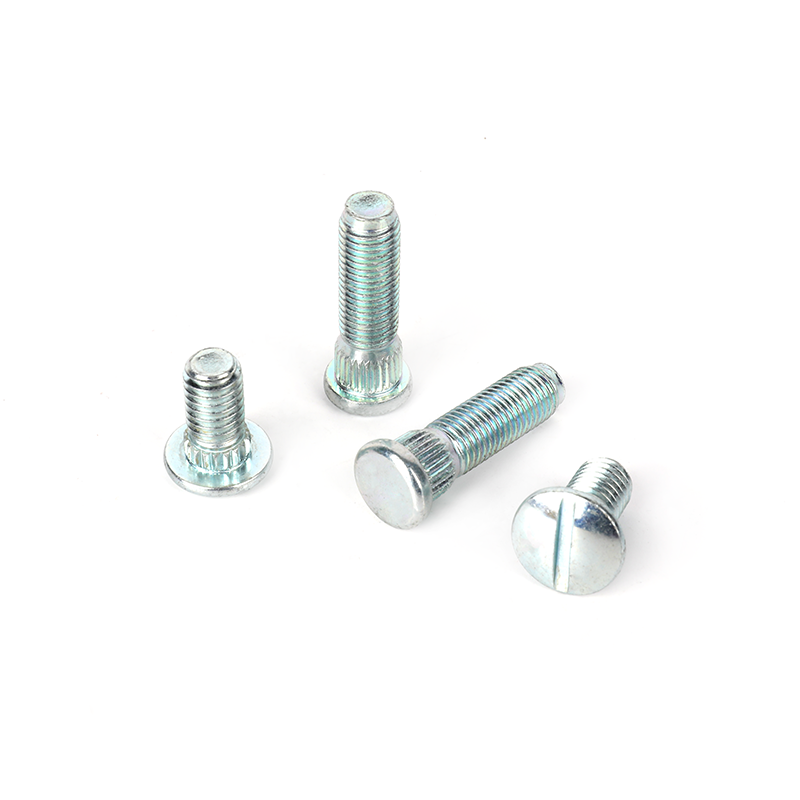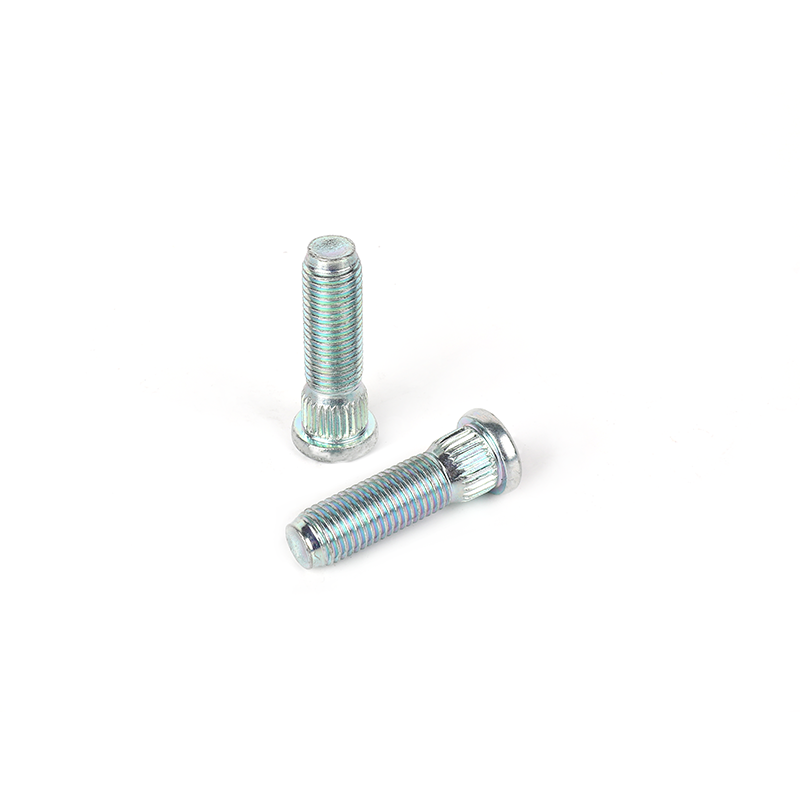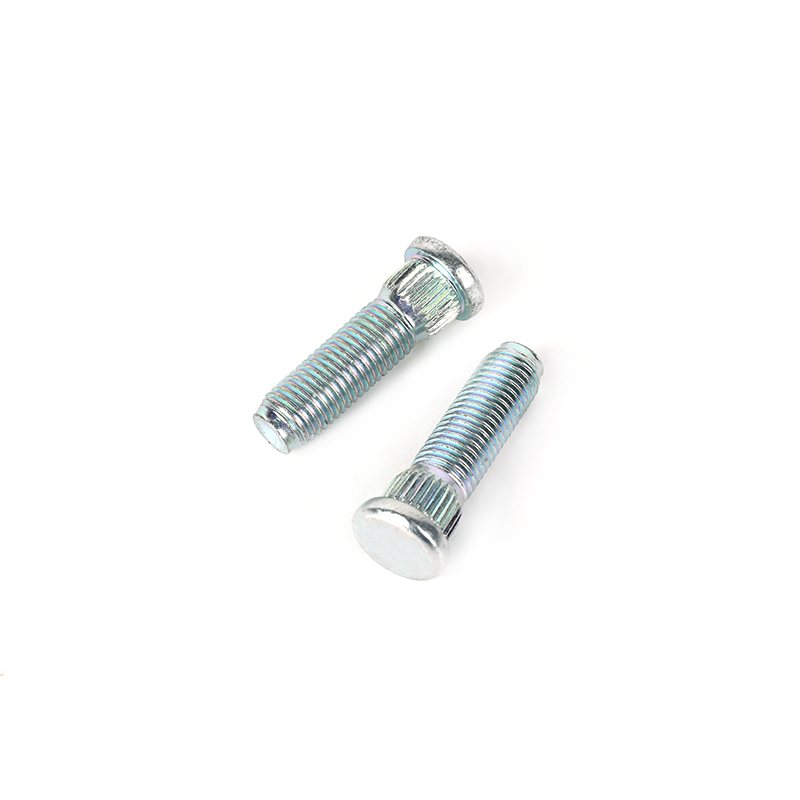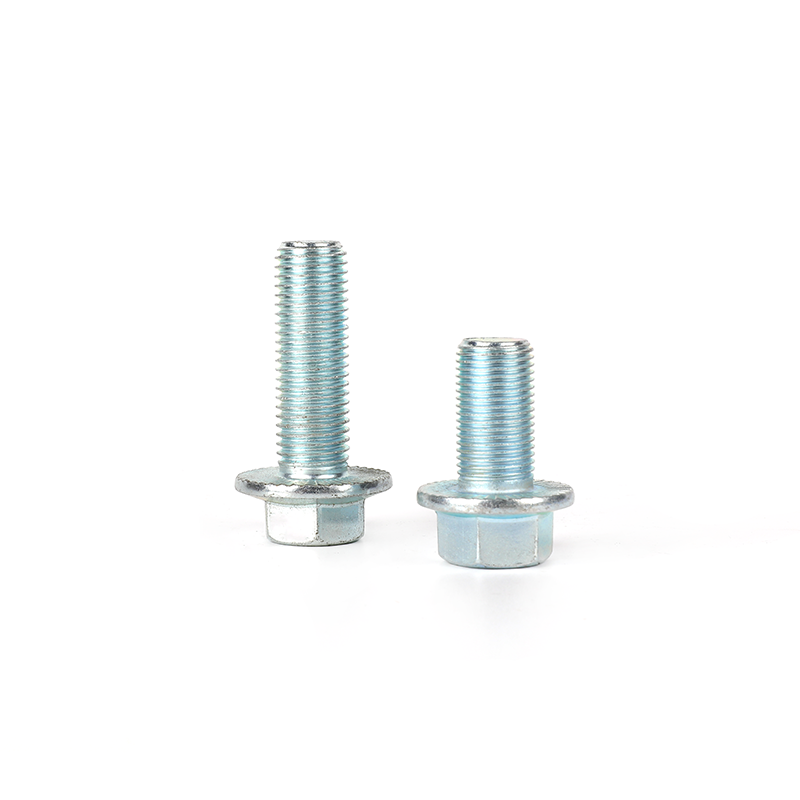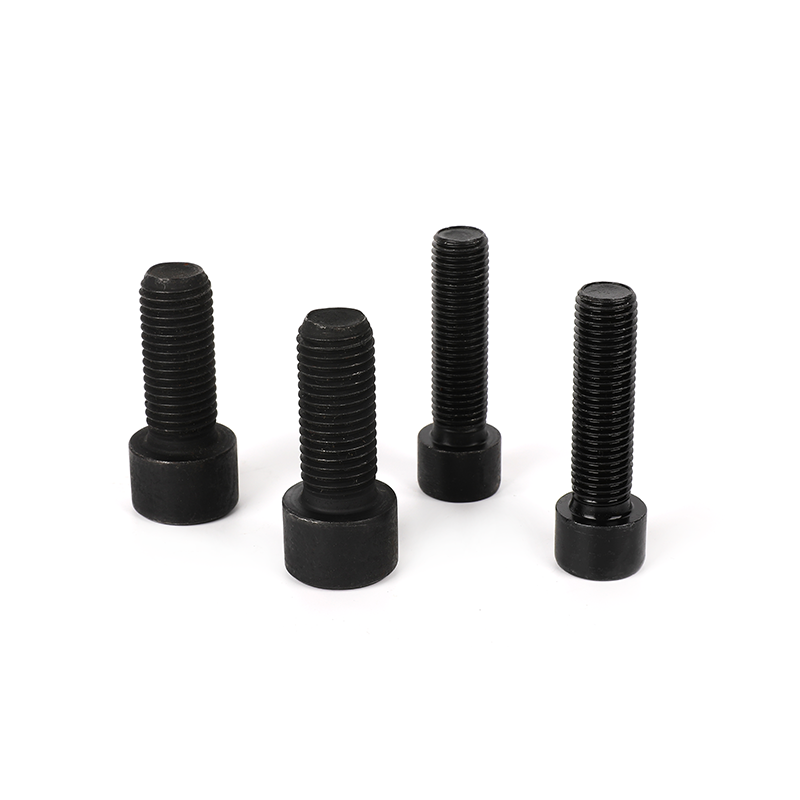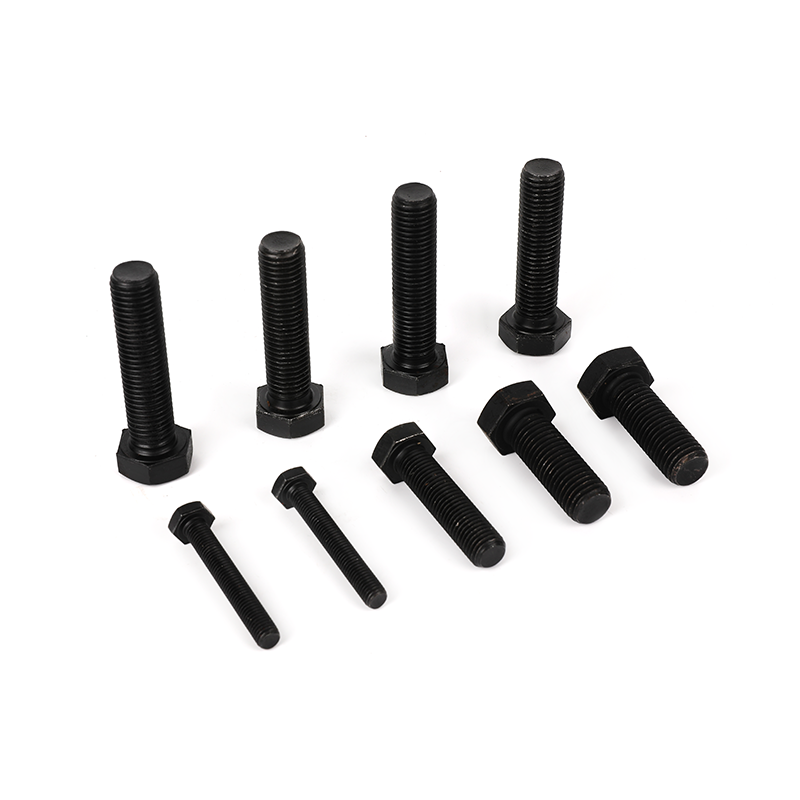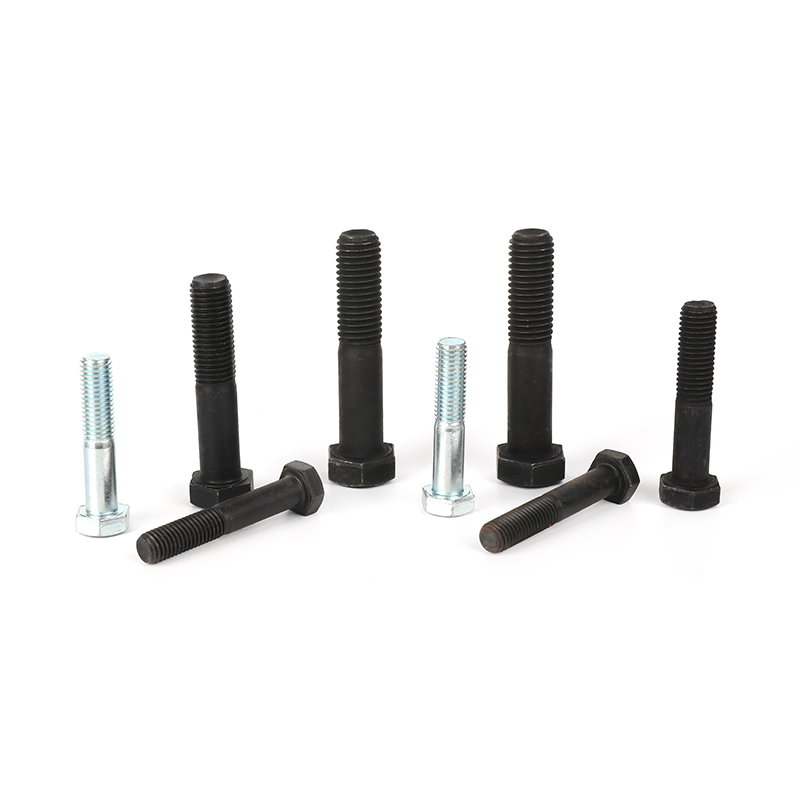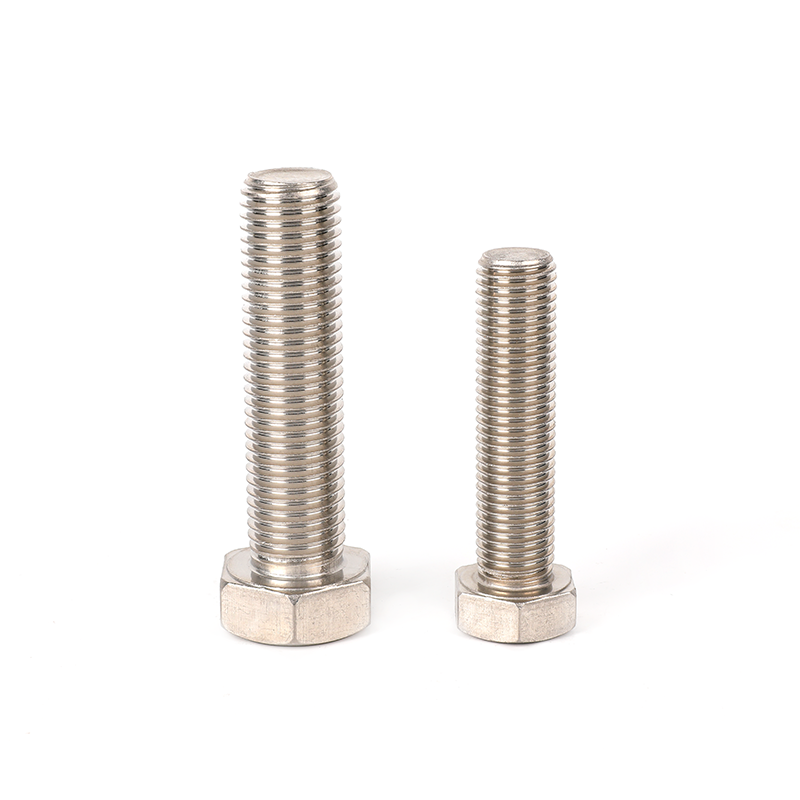Do auto parts anti-slip wheel hub screws have additional coatings or treatments to enhance corrosion resistance?
Auto parts anti-slip wheel hub screws may undergo additional coatings or treatments to enhance corrosion resistance, especially considering their exposure to various weather conditions and road salts. Here are some common coatings and treatments used to improve the corrosion resistance of these screws:
Zinc Plating:Zinc plating is a widely used coating for corrosion protection. It forms a protective layer on the surface of the screws, providing a barrier against environmental elements that could lead to corrosion.
Dacromet Coating:Dacromet is a corrosion-resistant coating that offers excellent protection against rust and corrosion. It is often applied as a thin film on the surface of the screws to enhance their durability.
Geomet Coating:Geomet is a water-based coating that provides corrosion resistance and protection against harsh environmental conditions. It is often used on auto parts, including wheel hub screws.
Nickel Plating:Nickel plating is known for its corrosion resistance properties. It can be applied to the screws to create a protective layer that helps prevent rust and corrosion.
E-coating (Electrophoretic Coating):E-coating involves immersing the screws in a paint bath and applying an electric current to deposit the coating evenly. This process provides excellent corrosion resistance and coverage.
Phosphate Coating:Phosphate coatings can enhance the corrosion resistance of wheel hub screws. These coatings create a thin, adherent layer that helps protect against oxidation and corrosion.
Powder Coating:Powder coating involves applying a dry powder to the surface of the screws, which is then cured under heat. This coating provides a durable and corrosion-resistant finish.
Chromate Conversion Coating:Chromate conversion coatings, such as yellow or black chromate, can be applied to the screws to improve corrosion resistance. These coatings also provide a decorative finish.
Hot-Dip Galvanizing:Hot-dip galvanizing involves immersing the screws in molten zinc, creating a thick, durable coating that offers corrosion protection. It is particularly effective in harsh environments.
Ceramic Coatings:Ceramic coatings, such as ceramic-infused paints, can provide an additional layer of protection against corrosion. These coatings are known for their resistance to environmental factors.
Salt Spray Testing:In addition to coatings, auto parts anti-slip wheel hub screws may undergo salt spray testing to assess their corrosion resistance. This testing simulates exposure to salt-laden environments to evaluate the screws' performance.

